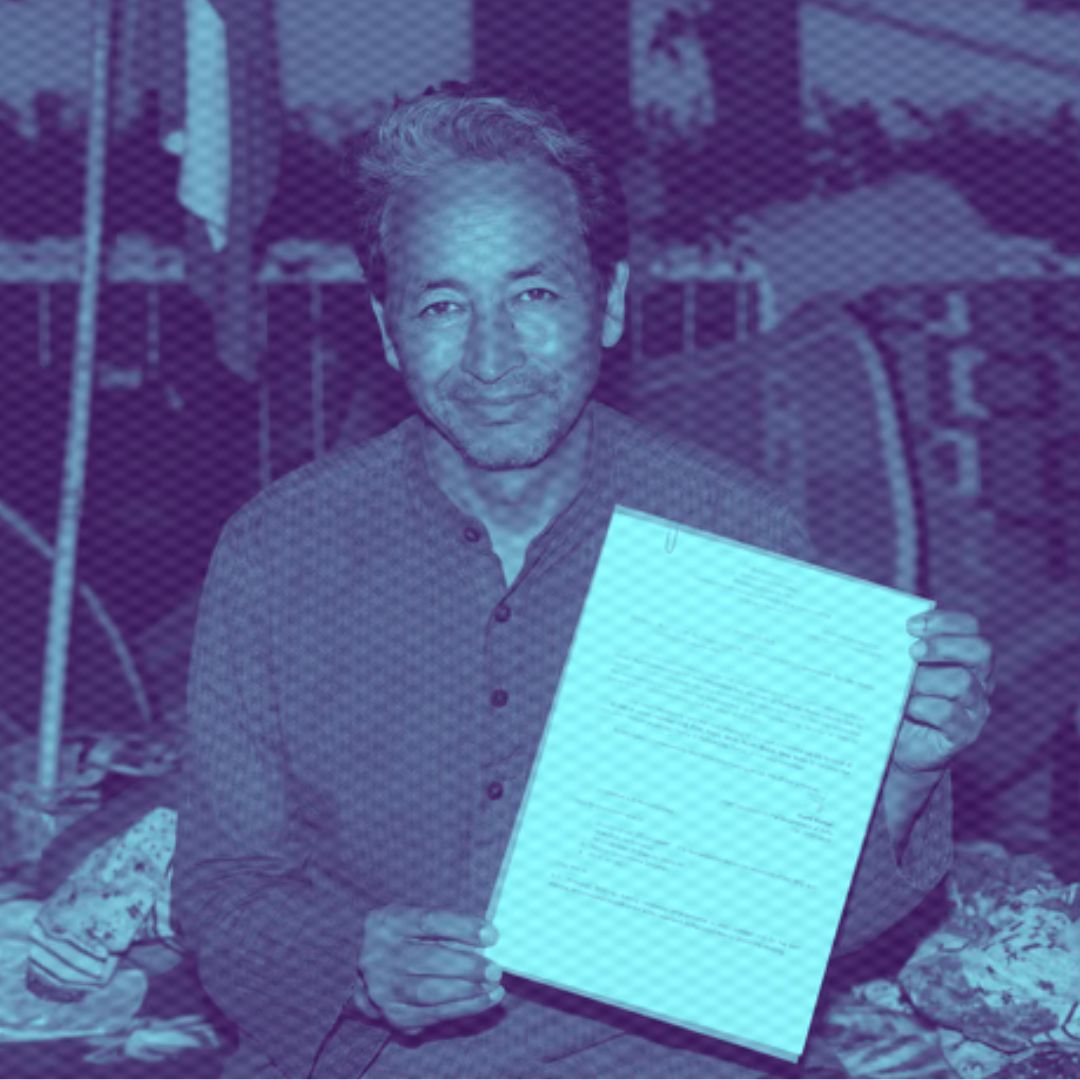Climate activist Sonam Wangchuk recently concluded a significant hunger strike that highlighted the ongoing struggle for Ladakh’s political rights and environmental protections. On October 21, 2024, after 16 days of fasting, Wangchuk and his supporters ended their protest following assurances from the Ministry of Home Affairs that discussions regarding their demands would resume on December 3. The protest aimed to secure Sixth Schedule status for Ladakh, which would provide the region with greater autonomy and protections for its cultural and environmental heritage.
Assurance from the Home Ministry
The breakthrough came when Prashant Lokhande, Joint Secretary of Jammu and Kashmir and Ladakh, met with Wangchuk at Delhi’s Ladakh Bhawan. He delivered a letter stating that the high-powered committee responsible for discussing Ladakh’s issues would reconvene in December. Following this meeting, Wangchuk expressed hope for “positive and honest discussions” moving forward, emphasizing that their main demand had been met. “I just hope that I do not ever again have to do another anshan (fast) for this reason,” he stated, reflecting on the emotional toll of the protest.
Background of the Protests
Wangchuk’s hunger strike was part of a larger movement initiated by the Leh Apex Body and the Kargil Democratic Alliance, advocating for statehood, inclusion in the Sixth Schedule, a public service commission for Ladakh, and separate Lok Sabha seats for Leh and Kargil districts. The protests gained momentum following a month-long march from Leh to Delhi, known as ‘Delhi Chalo Padyatra’, which culminated in their arrival in the capital on September 30. During this march, activists faced police detentions but continued to rally support for their cause.
Major Developments in Sonam Wangchuk’s Protest
- 21 October – Wangchuk Ends Fast After Assurance from Home Ministry
Wangchuk concluded his hunger strike after receiving confirmation that talks on Ladakh’s demands would resume on December 3. - 20 October – Protesters Continue Hunger Strike
Supporters remained at Ladakh Bhawan, facing health challenges due to the prolonged fast. - 13 October – Detention During Protests
Activists were detained while protesting outside Ladakh Bhawan, highlighting tensions with law enforcement. - 6 October – Indefinite Hunger Strike Begins
Wangchuk began his fast to demand immediate dialogue with government officials regarding Ladakh’s status. - 30 September – March from Leh to Delhi
Activists initiated a significant march to raise awareness about their demands for greater autonomy. - 2 October – Release from Detention
After being detained, activists were released but faced restrictions on their protest locations. - September 2024 – Formation of High-Powered Committee
The Indian government established a committee to address demands from Ladakh’s civil society groups. - August 2024 – Ongoing Advocacy for Sixth Schedule Inclusion
Activists intensified efforts to include Ladakh in the Sixth Schedule of the Constitution. - July 2024 – Public Mobilization Efforts Intensify
Community leaders rallied support for greater political representation and rights for Ladakhis. - June 2024 – Initial Demands Presented
Leaders presented demands for statehood and Sixth Schedule inclusion during public meetings.
ON 16th DAY TODAY OUR FAST ENDED
— Sonam Wangchuk (@Wangchuk66) October 21, 2024
As Joint Secretary Ministry of Home Affairs brought me the notification for resumption of talks between Ladakhi leaders & Government of India.
I hope the talks will be held in mutual trust & will result in a happy ending for all &
I will not have… pic.twitter.com/4BUrhXJWYc
The Logical Indian’s Perspective
The Logical Indian stands firmly behind peaceful dialogue as a means to resolve regional issues and promote social harmony. Wangchuk’s commitment to non-violent protest exemplifies grassroots activism’s power in advocating for local rights and environmental sustainability. As discussions are set to resume in December, we encourage our readers to reflect: How can we collectively support initiatives that foster dialogue and understanding in our communities?











